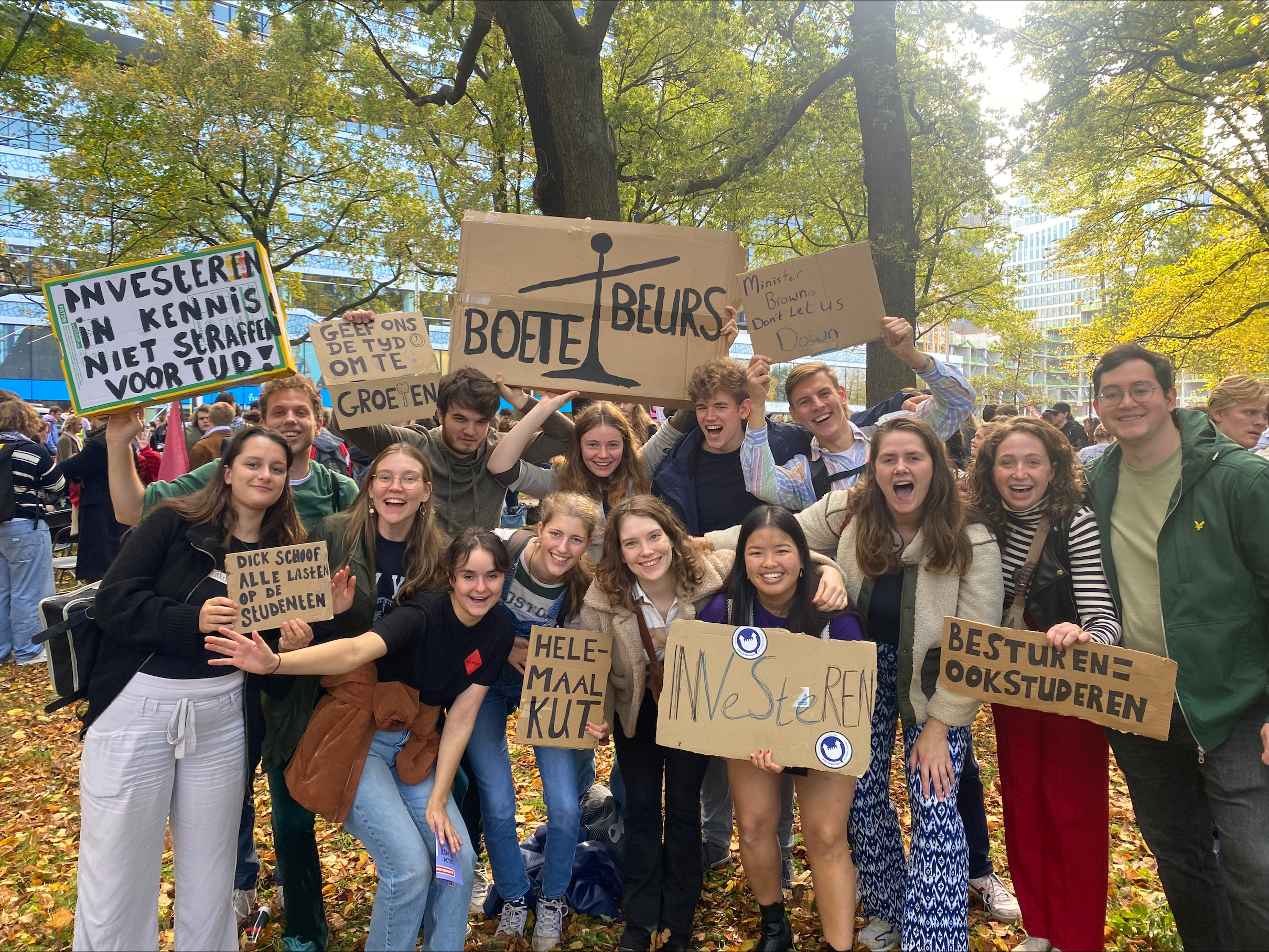University and college students will be charged 2600 euros in tuition from September 2025. Almost 300 euros more than the current fees, and 70 euros more than they are expected to pay this coming academic year.
Tuition fees increase with inflation. Groceries, clothing and beverages have gone up, and so will the tuition fees, albeit with a delay.
Currently, students pay 2314 euros in tuition fees. In view of the skyrocketing inflation caused by the war in Ukraine, tuition fees will increase to 2530 euros for the coming academic year. The increased energy prices were a key factor in the high inflation rate. The Central Statistics Agency has announced the inflation for this year in April, which means the ministry can calculate the new tuition fees based on the annual average between may and April.
2.8 per cent
Inflation amounted to 2.8 per cent in this period, which means tuition fees would amount to precisely 2601 euros. The numbers are subject to small alterations, as the inflation numbers for March and April are tentative. Until 2022, tuition fees were based on inflation in a single month: April. That kept the increase in fees limited to several dozen euros, between 22 and 71, to be exact. However, the steep price hike in April 2022 caused alarm among politicians, as this would cause a 200 euro increase.
As a result, Minister Dijkgraaf altered the rules so that the ministry now takes the annual inflation as a point of departure, which was to prevent a steep increase or decrease. Consequently, tuition fees for the 2023/2024 academic year increased by 105 euros.
Inflation was still rampant in 2023, causing the fees to increase by over 200 euros in September. In the following year, the total will amount to some 2600 euros.
Reduction
The 50 per cent reduction for first-year students (and second-year teacher training students) will cease to be applied in the coming academic year due to the reinstatement of the basic grant. The above information pertains to the legal fees for students who have not yet completed a bachelor’s or master’s. The government no longer subsidises extra study programmes, which means that students pay more for these studies. Exceptions are made for those wishing to retrain for a career in healthcare or education.

 Photo Shutterstock
Photo Shutterstock 

